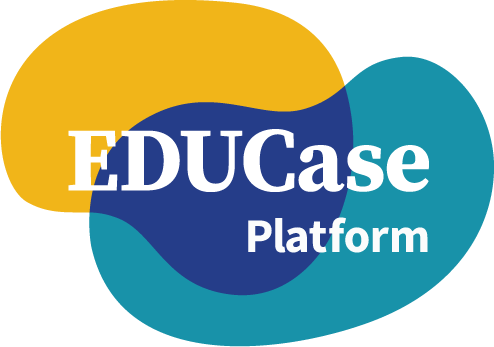International collaboration addresses Kenya's bean commercialization challenge
The project was part of the PBL BioAfrica collaborative initiative, involving students from C4DLab Innovation Hub at the University of Nairobi collaborating with IDBM students from Aalto University. The challenge was presented by the Intellectual Property Management Office (IPMO), a unit within the University of Nairobi.
The University of Nairobi researchers have developed over fifty biofortified bean varieties in the past two decades, addressing nutritional deficiencies prevalent in Kenya. These innovations address various challenges, including high yield, drought tolerance, resistance to diseases, excellent nutritional qualities, and high demand in local and export markets. Beans, as the second most important source of dietary protein in the country, play a crucial role in daily diets. However, due to poor agricultural practices and constraints, annual domestic production falls significantly short of demand, leading to substantial imports.
The goal of the collaboration between IDBM and the C4D Lab was to delve into the challenges of bean production through field exploration and interviews with local experts, from researchers to farmers in Kenya, a country that imports nearly 17% of its vegetable products, highlighting a significant potential for growth in the internal agricultural market. The objective was to define a common problem statement for both teams and develop a strong commercialization method for the University of Nairobi's new bean varieties.
After conducting research and online meetings, Aalto students traveled to Nairobi in Spring 2022. The methodological approach of the project was a design thinking and interdisciplinary collaboration led entirely by students. One of the mentors from C4DLab, highlighted the importance of focusing on a collective problem, stating, "When there's a problem you can put all your attention on, it stops being about you”. Upon several meetings and discussing with the local stakeholder the student teams refined their understanding of the problem and defined a shared common statement: "Lack of a self-sustaining model which includes good collaboration between stakeholders, management of constrained resources, and efficient production to meet consumer demand."
The outcome of the project was a two-layered solution to ensure successful commercialization and mass production of the new bean varieties. The first layer involved a co-creation business model, emphasizing transparent collaboration and a shared vision among stakeholders, including seed companies and farmers. The second layer involved the implementation of blockchain technology to track and document the origin of bean seeds. The successful commercialization of these innovations is expected to not only address Kenya's bean production deficit but also pave the way for future university innovations. Upon returning to Finland, the Aalto team implemented their action plan, incorporating insights gained during the trip. The next steps were researching existing university innovation commercialization models worldwide and collaborating with the Aalto Start Up Center for practical advice on prototyping and implementing business models.
The project after seven months concluded with reflections, highlighting the importance of effective communication, cross-cultural teamwork, and adaptability. The international collaboration provided invaluable experiences for the students, offering insights into the complexities of solving real-world challenges and the significance of on-the-ground research. In addition, the collaboration between Aalto University, the University of Nairobi, and IPMO is seen as a unique opportunity that has enriched the students' understanding of cross-cultural working and successful teamwork.
Read more news
Breaking the Darkness: Tackling energy crisis in Lesotho
Lesotho, often called the Kingdom in the Sky due to its high altitude, faces a severe energy crisis, with nearly half of its population lacking access to reliable electricity.
Transforming Interdisciplinary Education: Sustainable Global Technologies (SGT) Across Four Continents
The true impact of our actions often unfolds over time, as demonstrated by the students at the SGT FAIR’24 on May 22. Their work showcased how a single student challenge can drive significant change.
A Global Learning Space: Empowering Students for Responsible Global Engagement
As part of the EDUCase network, the University of Oulu has offered to be the testing ground of a virtual learning initiative that aims to revolutionize virtual learning.
